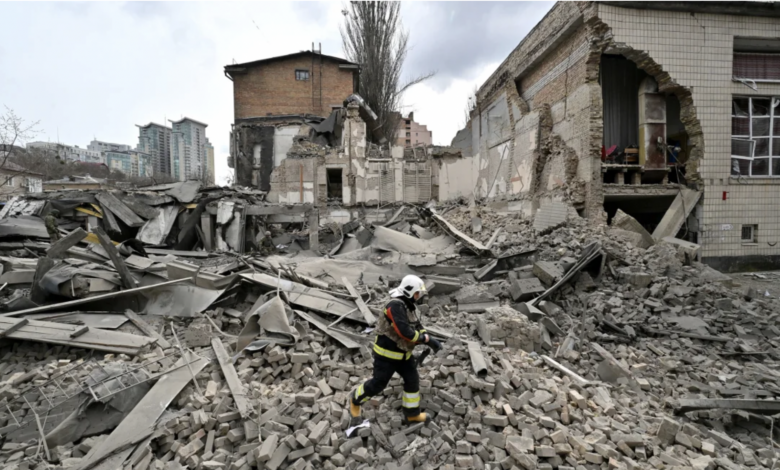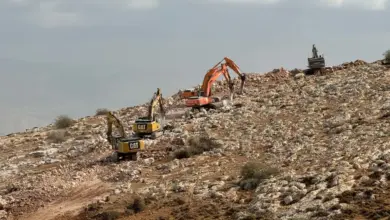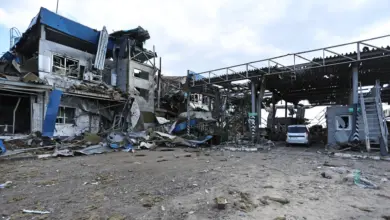
China’s support for Russia is “enabling” its war in Ukraine, leaders of the world’s most advanced economies warned Friday in a hardening of tone against Beijing, while threatening further sanctions against actors that materially support Moscow’s war machine.
The stark warning, issued at the end of the annual Group of Seven (G7) summit in Italy, comes as the United States is stepping up diplomatic efforts to convince Europe to adopt a tougher stance on China over its role in aiding Russia’s military-industrial complex.
“China’s ongoing support for Russia’s defense industrial base is enabling Russia to maintain its illegal war in Ukraine and has significant and broad-based security implications,” the G7 leaders said in the communique Friday.
“We call on China to cease the transfer of dual-use materials, including weapons components and equipment, that are inputs for Russia’s defense sector.”
The leaders also threatened further actions, including sanctions, to punish Chinese entities that they say are helping Russia circumvent Western embargoes.
“We will continue taking measures against actors in China and third countries that materially support Russia’s war machine, including financial institutions, consistent with our legal systems, and other entities in China that facilitate Russia’s acquisition of items for its defense industrial base,” the joint statement said, vowing to impose “restrictive measures to prevent abuse and restrict access to our financial systems.”
American officials have accused China of helping Russia expand military manufacturing, including through exports like semiconductors, materials and machine tools they say are enabling Moscow to ramp up production of tanks, munitions and armored vehicles.
Beijing has refuted the allegation, saying it has not provided weapons to either side and maintains tight export controls on dual use goods.
The US and European Union have already slapped sanctions on Chinese companies, and this week, the US imposed fresh sanctions on China-based firms supplying semiconductors to Russia.
“China does not supply weapons, but the ability to produce those weapons and the technology available to do it,” US President Joe Biden said at the summit on Thursday. “So it is, in fact, helping Russia.”

The G7 is also taking a tougher stance on China’s economic policies, especially on the issue of industrial overcapacity, vowing to take actions against “unfair practices” to “level the playing field and remedy ongoing harm.”
“We express our concerns about China’s persistent industrial targeting and comprehensive non-market policies and practices that are leading to global spillovers, market distortions and harmful overcapacity in a growing range of sectors, undermining our workers, industries, and economic resilience and security,” the joint communique said.
The day before the summit, the EU announced additional tariffs on electric vehicles (EV) imported from China following a months-long investigation, over what it sees as Beijing’s unfair support for companies that undercut European carmakers.
Last month, the US also imposed new tariffs on $18 billion in Chinese imports across a handful of sectors deemed strategic to national security – including EVs and clean-energy products.
The G7 also voiced strong opposition to what it says are China’s unilateral attempts to change the status quo by force or coercion in the East and South China seas.
“We continue opposing China’s dangerous use of coast guard and maritime militia in the South China Sea and its repeated obstruction of countries’ high seas freedom of navigation,” the joint statement said.
“We express serious concern about the increasing use of dangerous maneuvers and water cannons against Philippine vessels.”




